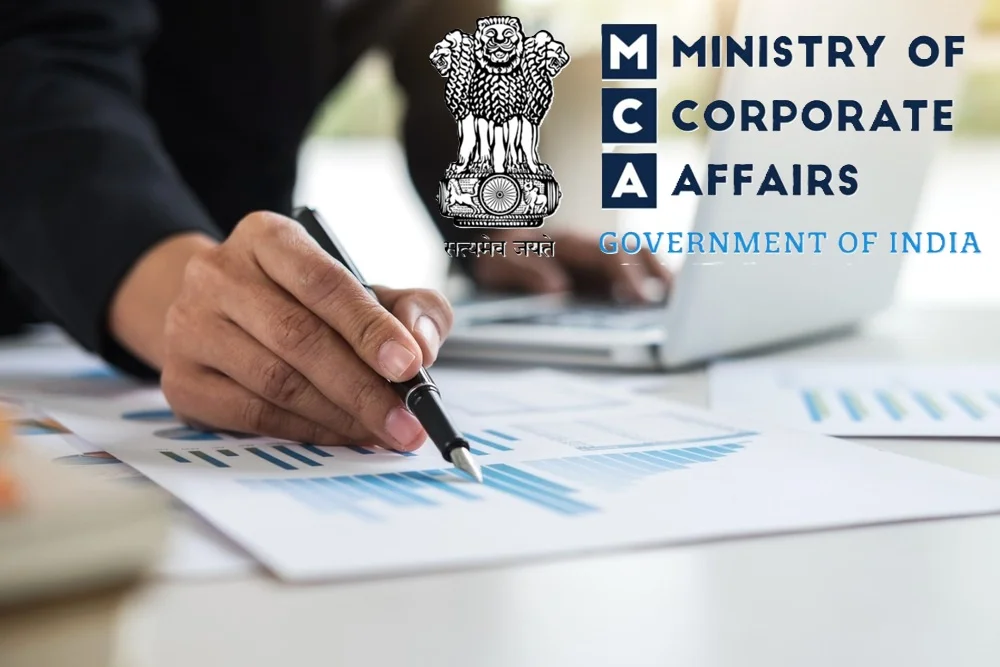Is an Unregistered Will Legally Valid in India?

A Quick Look at What We’ll Talk About
- What Indian succession rules say about the legal status of unregistered wills.
- Things people often get wrong about registering a will.
- Problems that families go through when they have to deal with unregistered wills.
- How to safeguard intent and reduce disputes, registered or not.
Wills that aren’t registered are legal, but they are risky.
It is not required to register a will in India. The Indian Succession Act of 1925 says that a will is legally valid as long as it is signed by the testator and witnessed by at least two others. This means that the law still sees a will as valid even if it isn’t registered.
However, under Sections 40 and 41 of the Registration Act, 1908, a will can still be registered either during the testator’s lifetime or after their death, adding legal strength and safeguarding against disputes.
The problem is that what is legally valid and what is easy to enforce in court are not always the same thing. If you don’t register your will, it’s easier to challenge it, especially in families where money, property, or relationships are already problematic. The heirs now have to establish that the document is real, which is frequently the worst time for them to do so.
That’s why smart estate planners suggest registering even if the law doesn’t require it. It protects against future problems.
Where Families Mess Up in Probate
We have found four common problems that families in India run into when they have unregistered wills:
- Execution is not clear: Many unregistered wills don’t follow important legal steps, such as having the wrong witnesses sign them, not having dates, or not having pages signed. This can lead to charges of forgery.
- Not enough safekeeping: People regularly lose, change, or destroy physical copies. It’s hard to find the original will because it’s not in public documents, especially after the testator dies.
- Probate that takes too long: Probate courts examine unregistered wills more closely. Delays are common, especially if heirs or extended family contest the document’s authenticity.
- Emotional effects: Even if the will is upheld in the end, the legal battle can tear families apart. This often goes against the entire reason for creating a will: to make sure that the next person in line is peaceful.
A Better Way: Making Wills Legally Strong
A family required help moving assets from a deceased ancestor whose will was being challenged in court. Here is how the risk was lowered:
- Step 1: Checking if the Execution Is Valid – Statements were collected from both witnesses, and handwriting analysis was conducted to confirm the authenticity of the testator’s signature.
- Step 2: Submitting Documents and Evidence to the Court – A detailed paper trail was compiled using the testator’s medical history, prior property transfers, and financial transactions to support the intent and mental capacity.
- Step 3: Speeding Up the Probate Process – With thorough documentation and legal affidavits, the probate timeline was significantly reduced, cutting processing time by more than 40%.
- Step 4: Mediation to Prevent Litigation – The matter was resolved through a family mediation process, which resulted in a fair settlement and preserved the integrity of the estate.
Main takeaway: Even if a will is not registered, it is valid but only when it is clearly executed, well-documented, and legally defensible.
Where People Go Wrong?
Unregistered wills can lead to serious complications even in families where no one expects a dispute:
- Treating Notarization as Registration: Notarizing a will does not make it registered. Under the Indian Registration Act, 1908, the Sub-Registrar’s office is the designated authority for the voluntary registration of wills.
- Delaying the Will’s Execution: Many people write wills but never inform anyone or store them safely. This slows things down or even destroys the original copy.
- Assuming No Dispute Will Arise: Just because everyone agrees today doesn’t mean disputes won’t arise later. Unregistered wills are inherently more vulnerable to challenges.
- Skipping Legal Counsel: A lawyer ensures the will meets legal formalities and reduces ambiguity. Self-written or templated wills often cause trouble later.
What A Strong Will Strategy Should Include?
If you don’t want to register the will, a thorough estate plan in India should include:
- Clear Execution with Proper Witnesses: Ensure two impartial witnesses sign and understand their role.
- Legal Drafting with No Contradictions: Uncertainty leads to misinterpretation. Be precise and concise.
- Secure Storage and Disclosure: Keep the will in a safe, known location. Consider informing a trusted executor.
- Optional Registration for Extra Protection: Registering a will under Section 40 of the Indian Registration Act, 1908, adds a strong layer of legal assurance.
- Regular Reviews: Update the will after major life events—marriage, divorce, property purchase, or death in the family.
Looking Ahead: Proactive Planning Will Shape the Future of Inheritance in India
As wealth passes down from one generation to the next, it is important to have clear laws around inheritance. In India, a will is valid even if it isn’t registered; however, depending only on that fact can be short-sighted.
Families that are ahead of the curve are moving toward wills that are saved digitally, written by a lawyer, and optionally registered. This will make transitions easier, reduce conflicts, and speed up access to assets that are rightfully theirs.
Stay updated on legal changes and estate planning strategies. Follow Plutus and visit our website for regular insights.
